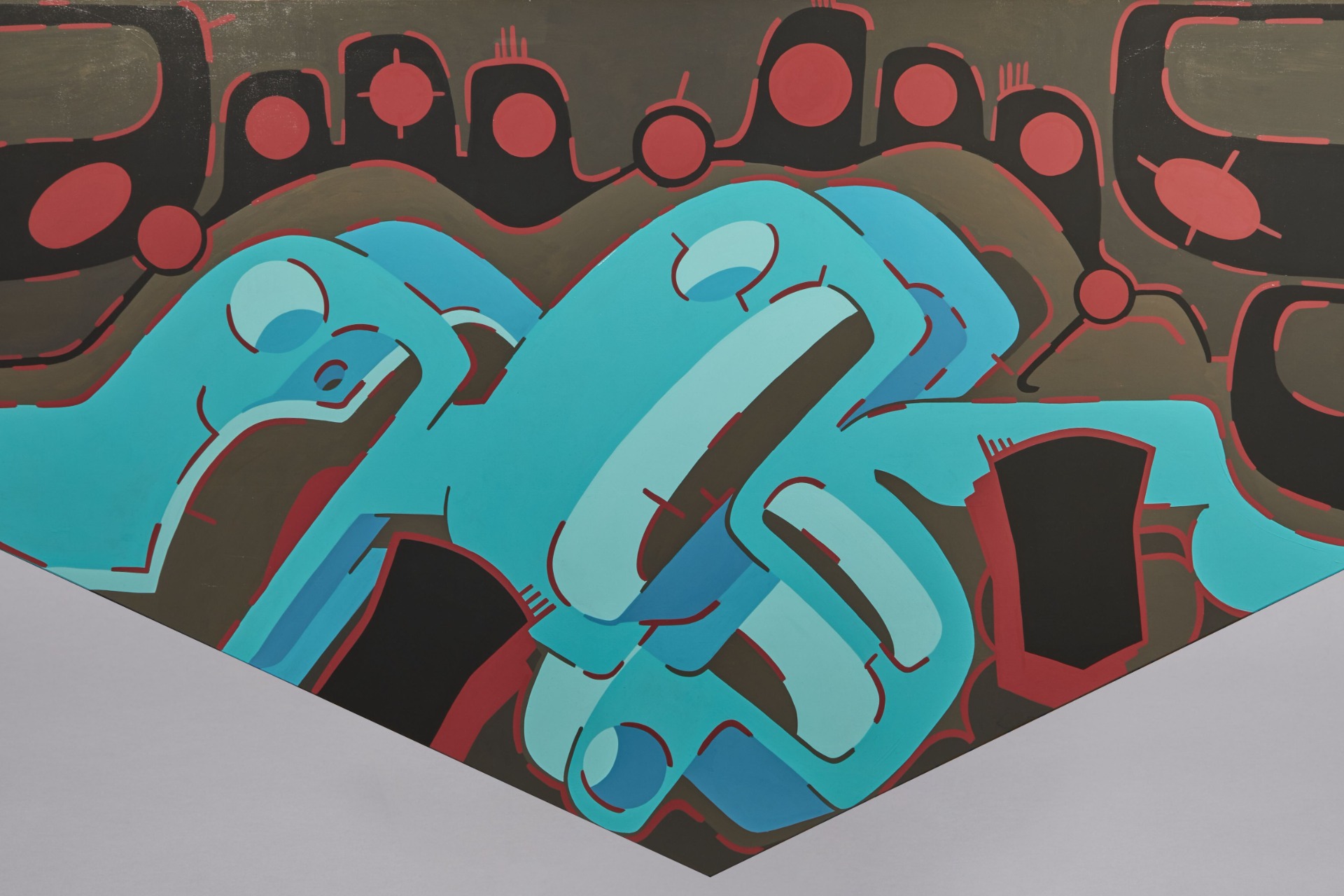Description
Patrick was honoured with a Military Medal for his bravery during the Second World War and, during his investiture at Buckingham Palace in October 1945, he spoke to King George VI about the treatment First Nations people faced in Canada: “I told [King George VI] when my people went into Vanderhoof [the nearest town to his community], they were not allowed to go into restaurants, use public toilets, and had to come in the back door of a grocery store to buy groceries. We spoke for a long time about the injustice to my people. He told me he would endeavour to help my people.” His commitment to bringing attention to this discrimination continued after he returned home to British Columbia in 1946. On his first visit to Vanderhoof, he went to a café that was known to refuse service to Indigenous people. When he was told to leave, he refused and the police were called. Patrick was arrested, charged with disturbing the peace, and eventually sentenced to six months in prison. Thanks to local Indigenous activists, he was shortly released and he headed straight back to the same café. As he later recalled, “in one year, I spent 11 months in prison. I would just get off the bus and walk into a restaurant and they would send me back”. I was bound and determined to show them they could not treat my people like animals.” While he never got his meal at the restaurant, his sister remembers that his protest made a huge difference, waking “everyone around him up to the realities of the world we were living in.”
Bibliographic sources
https://humanrights.ca/story/dick-patrick-an-indigenous-veterans-fight-for-inclusion; details text from Kate Rennard, “We Remember,” Beyond the Spectacle blog, https://blogs.kent.ac.uk/bts/2020/05/07/we-remember/.
